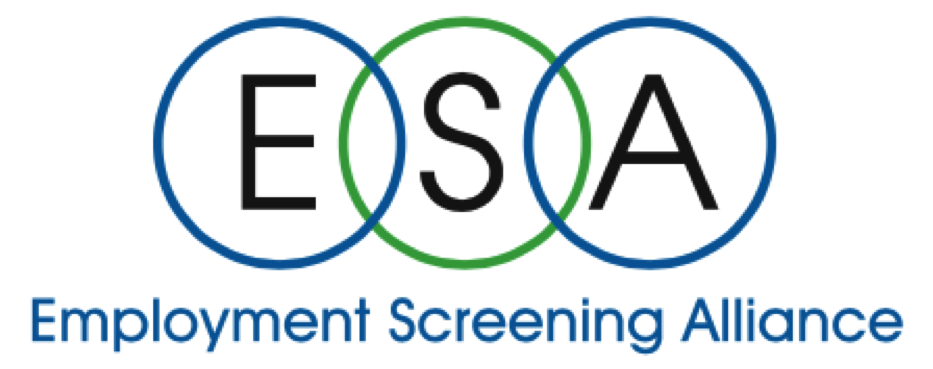
Fingerprinting | The Non-Recruiters Guide To Hiring Terms
Fingerprinting | The Non-Recruiters Guide To Hiring Terms
Fingerprinting | Has a recruiter ever excitedly told you that after rejecting all the job hoppers they’ve found a ‘purple squirrel’ on gardening leave?
Maybe they’ve suggested a Stay interview or Job Shadowing your current CXO level employees before attempting to poach from your competitors?
Before you think they’ve joined Alice and the Mad Hatter in Wonderland, or that they may need a referral to a good therapist, check out these typical recruitment terms and their meanings below:
Types of Recruiters
- Head Hunter – A recruiter who focuses on searching for qualified personnel for typically senior roles, sometimes referred to as executive search, usually by approaching those who may not be actively looking for a new job.
- Niche Recruiter – Refers to a recruiter who operates solely within a specific field. Also often referred to as Boutique Recruiters.
- Generalist Recruiter – This is a recruiter who offers their services across multiple fields or disciplines.
- Independent Recruiter – A recruiter who works on their own (as opposed to being employed by an agency) offering their recruitment services to clients either on a contingent basis or at anhourly rate.
Candidates
- Purple Squirrel – Purple squirrel is a term used by employment recruiters to describe a job candidate with precisely the right education, experience, and qualifications that perfectly fits a job’s multifaceted requirements. The implication is that the perfect candidate is as rare as a real-life purple squirrel.
- Active Candidate – Refers to someone who is actively looking for a new position. They’ve registered with a recruitment agency; they have automatic feeds coming in from job boards; and they’re definitely keen to hear about new opportunities.
- Passive Candidate – This is someone who is happy in their current role. They are certainly not on the lookout for a new opportunity, but if they are tapped on the shoulder, they may be open to meet for a coffee. Passive candidates represent a huge, largely untapped pool of qualified workers who may fit the needs of your company perfectly. In order to reach them, adjust your hiring strategy to identify their points of concern and sell them not just on a job, but on an opportunity.
- Applicant Pool – Some people use the phrase ‘applicant pool’ to describe the group of candidates who have actually applied for a position. Others see it more as the group of potential candidates ‘out there’ who might be available or interested a certain role.
- Job Hopper – A reference to someone who doesn’t stay at one job for a long time.
- Transferrable Skills – Refer to a candidate’s skills that are able to be utilized in a variety of industries or across a number of different types of jobs.
Types of Interviews
- Assessment Centre – Entire half day programs specifically designed around a particular function (eg sales or customer service) where all candidates perform in role plays and participate in group exercises. Most commonly used for volume hiring campaigns.
- Group Interview – Similar to an assessment centre, designed around volume hiring needs when interviews are conducted in a group rather than individually.
- Prescreen/Screening Interview – An initial conversation, usually over the phone (or perhaps avideo interview) conducted to ascertain whether a candidate is worthy of being invited in for a face-to-face interview.
- Unstructured Interview – This refers to an interview where the interviewer does not follow a formal list of behavioural or competency based questions.
- Stay Interview – An interview conducted with an employee who currently works at an organization to work out what motivates them and why they enjoy working there. Contrast this with an exit interview.
- Behavioural Based Interview – An interview conducted in a manner to find out how a candidate behaves in a particular situation – typically involving a series of questions asking a candidate to discuss past experiences.
- Case Interview – An interview conducted where candidates are given a business case scenario to review to then present on.
- Open Job Interview – A few companies are starting to adopt this method whereby any applicants interested in applying for a role can attend interviews conducted at a range of times that work for them.
- Panel Interview – Where one candidate is interviewed by a number of people – for example a member of the HR team, a line manager, and perhaps a senior manager. -RecruitLoop
Learn what ESA can do for you! Call 866-830-3724 to discuss fingerprinting services or complete the form on www.esascreening.com now!








